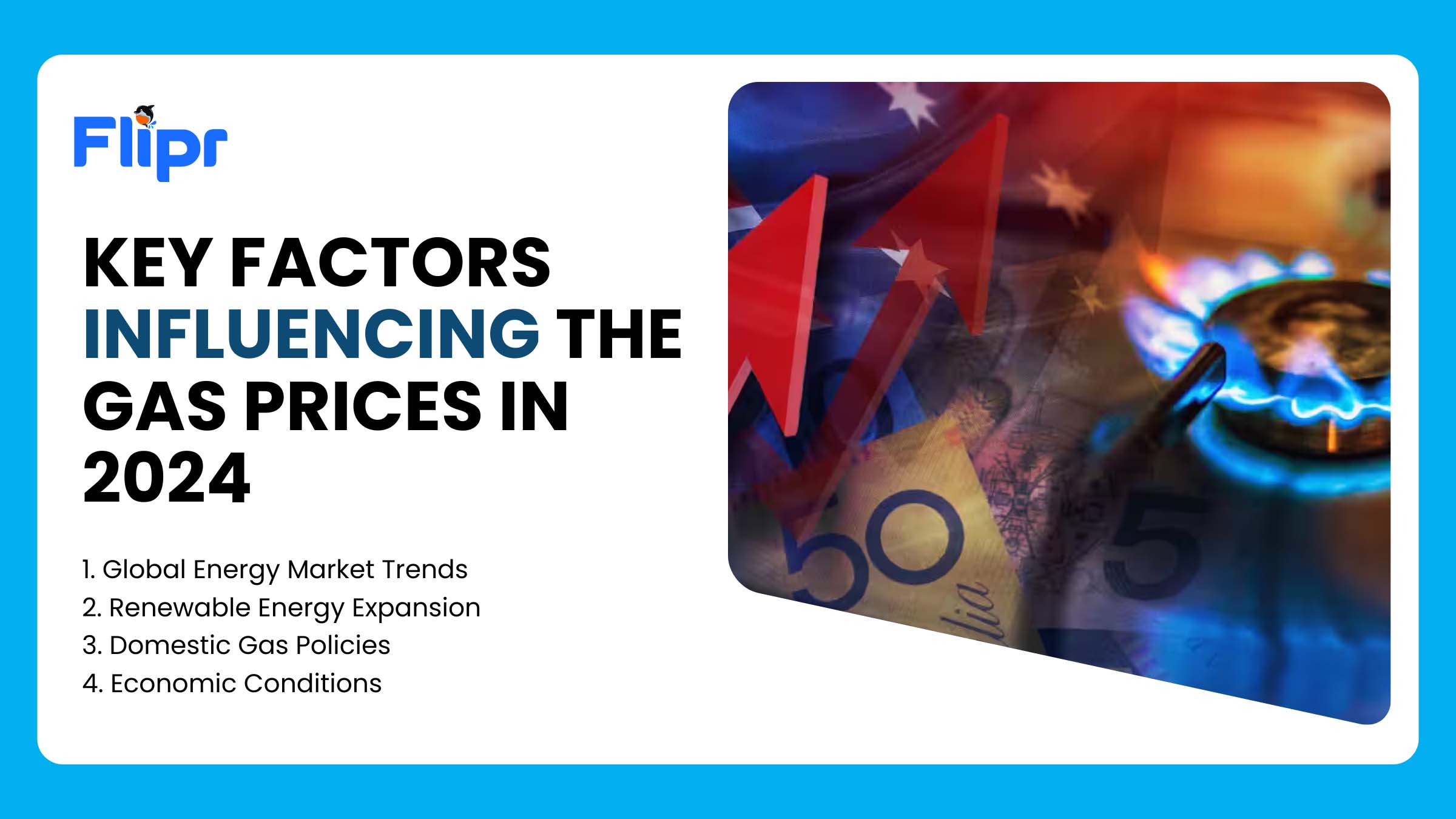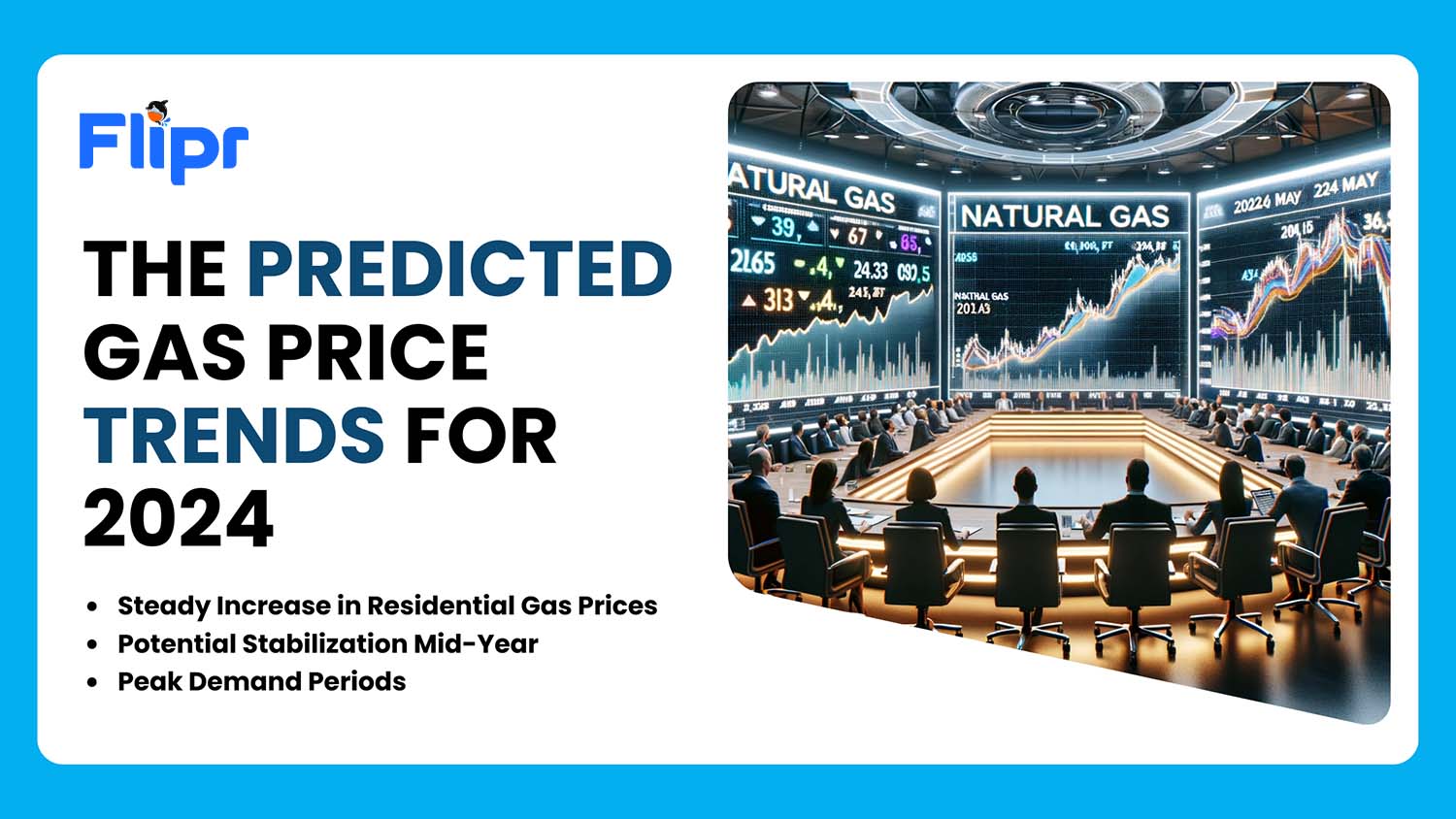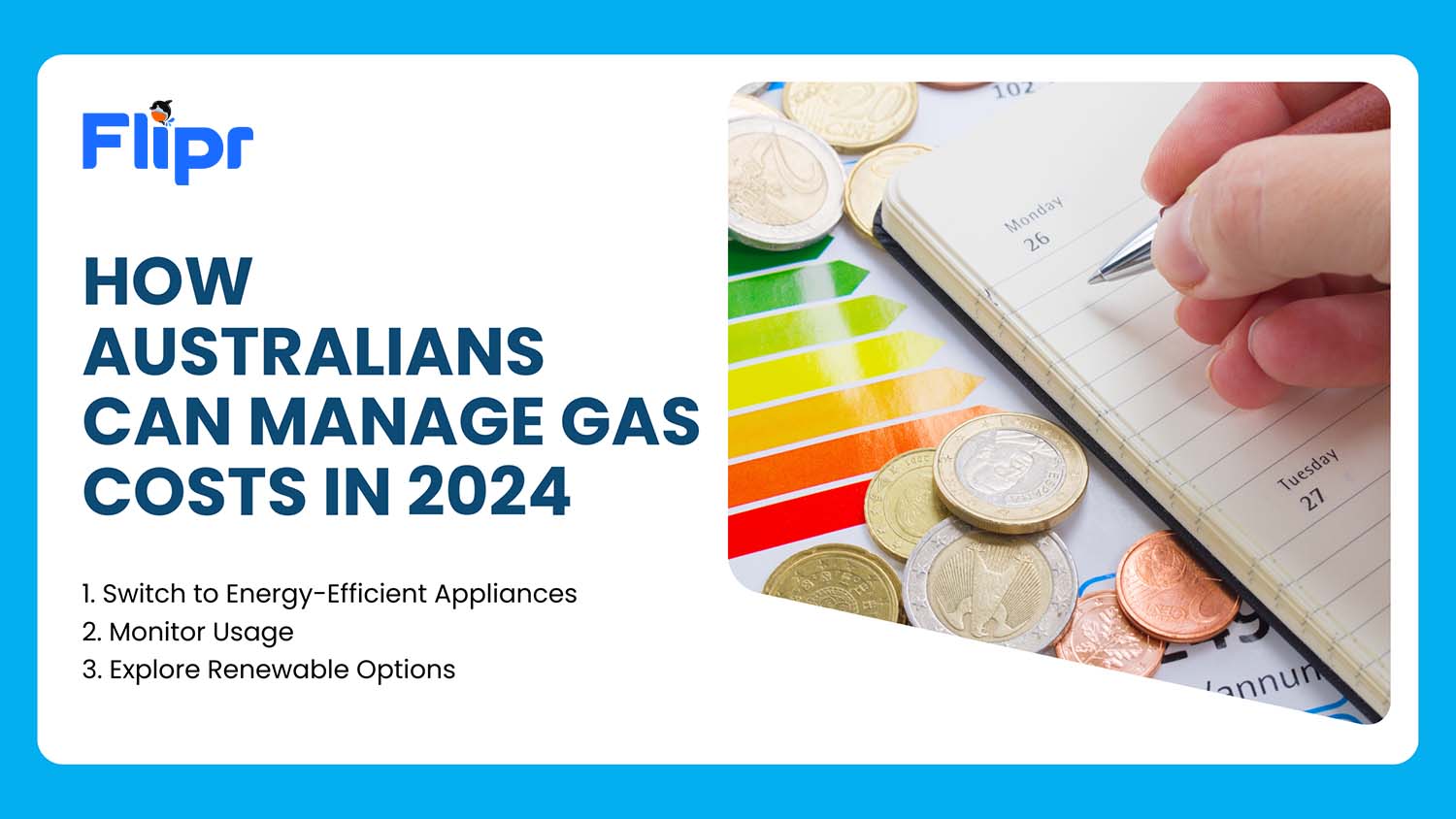Gas Price Predictions for 2024: What to Expect

Gas prices have always been a hot topic in Australia, influencing household budgets, business operations, and the broader economy. As we move into 2024, several factors are expected to shape the trajectory of gas prices. From global supply chain dynamics to domestic policy changes, understanding these trends can help Australians plan for the year ahead.
Key Factors Influencing Gas Prices in 2024

1. Global Energy Market Trends
- LNG Exports: Australia remains a major exporter of liquefied natural gas (LNG). High global demand, particularly from Asia, may drive up domestic gas prices.
- OPEC+ Decisions: While primarily focused on oil, OPEC+ policies can indirectly influence global gas markets.
2. Renewable Energy Expansion
- Transition to Renewables: As Australia accelerates its transition to renewable energy, reliance on natural gas as a transitional fuel may keep demand steady.
- Battery Storage Impact: Advanced storage solutions could reduce the need for gas-fired power during peak demand periods.
3. Domestic Gas Policies
- Price Caps: Government interventions to cap gas prices may continue in 2024, stabilizing prices for consumers.
- Supply Agreements: Domestic supply agreements between gas companies and governments could ensure affordable prices for Australian households.
4. Economic Conditions
- Inflationary Pressures: Rising inflation could contribute to higher operational and transport costs, indirectly affecting gas prices.
- Exchange Rates: Fluctuations in the Australian dollar can influence the cost of imported energy resources.
Predicted Gas Price Trends for 2024

- Steady Increase in Residential Gas Prices: Due to global demand and infrastructure costs, Australian households may see slight increases in gas tariffs.
- Potential Stabilization Mid-Year: If government interventions persist, mid-2024 could witness stable prices for residential consumers.
- Peak Demand Periods: Winter months might drive temporary price hikes as heating demand surges.
How Australians Can Manage Gas Costs in 2024

1. Switch to Energy-Efficient Appliances
Investing in energy-efficient gas appliances can reduce overall consumption and lower bills.
2. Monitor Usage
Track your gas usage to identify patterns and areas where you can cut back. Smart meters are an excellent tool for this purpose.
3. Explore Renewable Options
Solar energy and battery systems can reduce reliance on gas for heating and cooking, lowering your overall energy expenditure.
Flipr: Your Partner in Energy Savings

Gas prices may fluctuate, but your savings don’t have to. With Flipr, you can compare Australia’s best gas and electricity plans to find one that fits your needs and budget.
Our platform empowers you to:
- Access competitive rates tailored to your usage.
- Explore green energy plans that align with sustainability goals.
- Make informed decisions to avoid overpaying for your gas and electricity.
Stay ahead of rising gas prices with Flipr. Compare, switch, and save today for a more affordable and sustainable energy future!